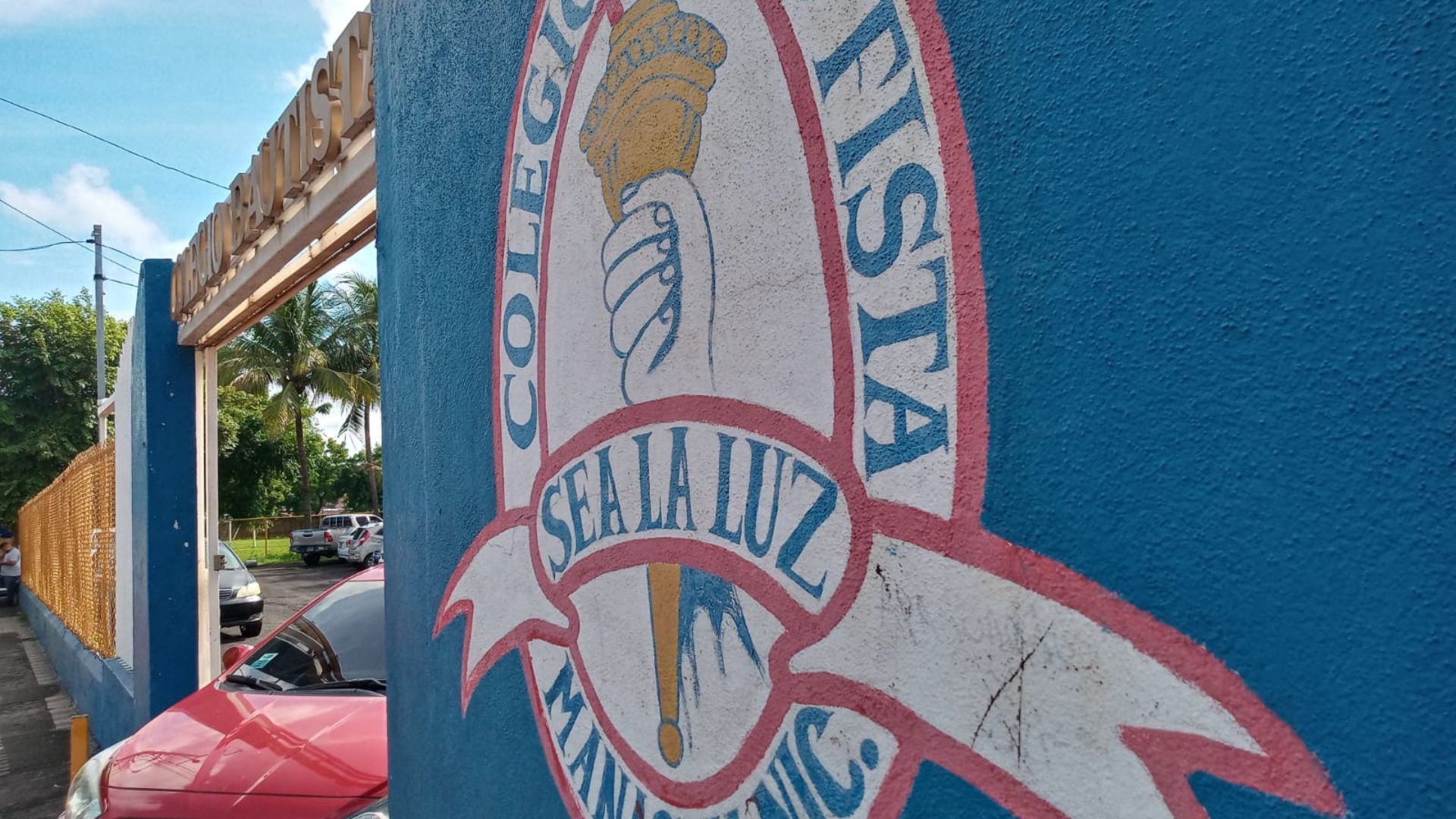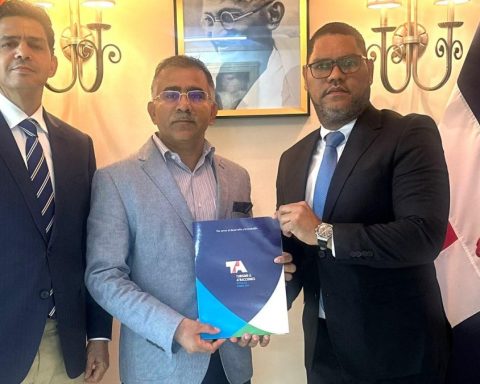The 13-year-old student from the Colegio Bautista de Managua was sentenced to six months in a psychosocial care center of the Ministry of the Family (Mifam), who on June 14 threatened, through social networks, to attack their peers.
The sentence, dated June 27, was issued by the judge of the Second Criminal District of Managua, Miroslava Calero Chamorro, and notified on July 4 to the Prosecutor’s Office and defense.
The warning of the alleged attack that the student intended to carry out with a firearm, was given the night before on social networks. The day of the event, the Police confirmed that he showed up to attend to the emergency “threat of a student from a study center, depressed due to poor academic performance.”
According to the authorities, “the student threatened to cause disorder and disrupt normality in the classroom with violent personal actions, including the risk of attempting against the lives of the students.”
Related news: Colegio Bautista remains alert, doubles “security measures” to avoid violent episodes in the center
Given this fact, the court ordered that once the adolescent completes the six months of internship, he must appear to sign every 15 days at the Office for the Surveillance of Criminal Sanctions for Adolescents (Oevspa), in the Managua Central Judicial Complex.
Cybercrime Law applies
In the document, it is established that the 13-year-old adolescent was sentenced for having made threats through information and communication technology stipulated in Law 1042 or Cybercrime Law, approved by the Daniel Ortega regime in 2020.
During the hearing, the defense of the young man requested that the minimum sentence of two months of boarding school be imposed on him, arguing that his parents have the conditions to ensure the attention that the adolescent requires, however, the court did not allow.
After this incident, the Colegio Bautista in Managua decided to double the security measures inside the center and since that day students have begun to line up outside the school so that designated personnel check the backpacks before allowing them to enter.
Through a circular, the school informed that permanent inspections would be carried out before entering and in the classrooms. Also, they will make attention visits by the head of the police sector, they will implement talk programs for students, training for teaching staff in early warning intervention and accompaniment route.

















